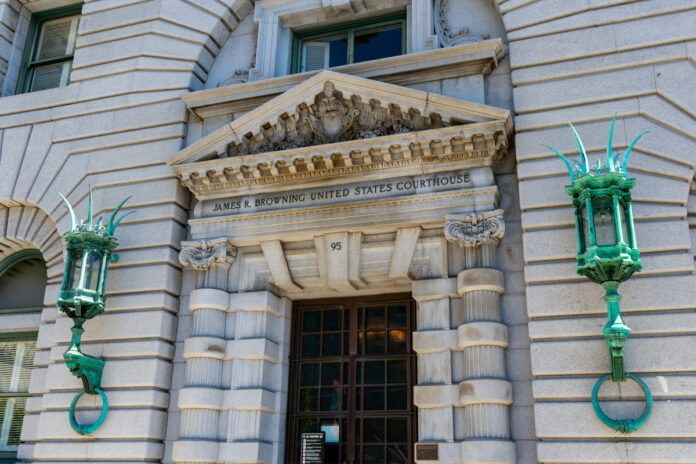SAN FRANCISCO – The U.S. Ninth Circuit Court of Appeals on July 10 issued a decision that upheld a previous ruling, which said two Humboldt County, California, cannabis growers cannot be punished under federal drug laws.
The ruling stems from a Drug Enforcement Administration (DEA) raid in 2012 that resulted in federal cultivation and distribution charges against growers Anthony Pisarski and Sonny Moore. During the raid, DEA agents found more than 300 cannabis plants in greenhouses, guns, and cash in excess of $225,000, as well as gold and silver bars.
Pisarski and Moore plead guilty to the charges in 2014, but in 2017, U.S. District Judge Richard Seeborg halted their federal prosecution. In his ruling, Seeborg cited an amendment signed into law by Congress as part of a 2015 budget package, which prevents federal law enforcement authorities from interfering in states where medical cannabis is legal.
In this most recent decision, the Ninth Circuit upheld Seeborg’s ruling, and opined:
“Before sentencing, Congress passed the Consolidated and Further Continuing Appropriations Act of 2015 (“Appropriations Act of 2015”), which put the kibosh on all expenditures of federal prosecutions for marijuana use, possession, or cultivation if the defendant complied with the state’s medical marijuana laws. Consistent with our decision in United States v. McIntosh, 833 F.3d 1163 (9th Cir. 2016), the district court enjoined the government from spending additional funds on the prosecution, finding that Pisarski and Moore strictly complied with California’s medical marijuana laws. Resolution of this appeal rests on the application of state law and our clear error review of the district court’s factual findings.”
In 2017, when the court initially ordered that Pisarski and Moore could not be punished, U.S. Representative Dana Rohrabacher (R-Costa Mesa) said, “This is a signal that hopefully will go totally across the country—that federal prosecutors should stop wasting their time and start focusing on real criminals.”
Rohrabacher, in 2014, introduced to Congress the amendment upon which the decision was based.
Circuit Judge M. Margaret McKeown issued the court’s new opinion, with Judge J. Clifford Wallace providing the dissenting opinion, and Judge Seeborg presiding.











